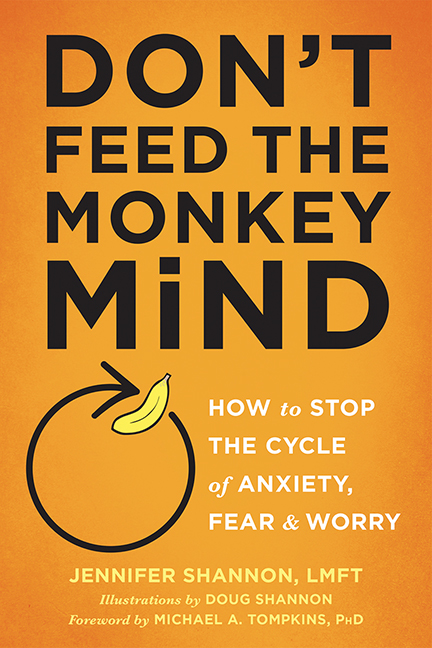 I am working with a client right now who came in complaining about difficulty making decisions. Whether it was buying a pair of shoes or deciding on her career path, her belief was, “I must be certain that I am making the right decision or else I will be miserable forever.” Her intolerance of uncertainty was typical of many of my clients, and many of us can recognize it in our own thinking as well.
I am working with a client right now who came in complaining about difficulty making decisions. Whether it was buying a pair of shoes or deciding on her career path, her belief was, “I must be certain that I am making the right decision or else I will be miserable forever.” Her intolerance of uncertainty was typical of many of my clients, and many of us can recognize it in our own thinking as well.
Since accurately predicting outcomes is rarely possible in life, attempts to achieve certainty can create high levels of stress and anxiety when it comes to making decisions. My client’s behaviors included endless research, revisiting her pros and cons list, seeking reassurance from others, and repeatedly changing her mind. These safety behaviors program the brain to think that certainty is indeed possible, and in the future, to be more reactive to situations where decisions need to be made. Since this creates a more hyperreactive anxiety alarm system, I call these behaviors feeding the monkey mind.
To stop this cycle, my client and I brainstormed for an alternative belief to counter her need to be certain. Here is what we came up with:
| Old Belief | Alternative Belief |
| I must be certain that I am making the right decision or else I will be miserable forever. | It is more important to practice flexibility and learn to cope with whatever decision I make than to be certain of my decision. |
Of course, her new belief wouldn’t last long if she kept up her safety behaviors. Together we made a list of new behaviors that would give her the opportunity to practice tolerating uncertainty.
| Safety Behaviors | New Behaviors |
| Research options endlessly. Constantly seek reassurance. Repeatedly change my mind. |
Restrict time weighing pros/cons. Refrain from asking others’ opinions. Make a decision and stick with it. |
Over time, using behaviors designed to help us better tolerate uncertainty will lead to less anxiety, an improved decision-making process, increased flexibility, as well as better resilience when we make a choice that doesn’t work out well. To help your clients identify intolerance of uncertainty beliefs—and develop new, healthier ones—you can download the Intolerance of Uncertainty Mind-set chart.
 Jennifer Shannon, LMFT, is author of The Shyness and Social Anxiety Workbook for Teens, The Anxiety Survival Guide for Teens, and Don’t Feed the Monkey Mind. She is cofounder of the Santa Rosa Center for Cognitive-Behavioral Therapy in Santa Rosa, CA. She is a diplomate of the Academy of Cognitive Therapy.
Jennifer Shannon, LMFT, is author of The Shyness and Social Anxiety Workbook for Teens, The Anxiety Survival Guide for Teens, and Don’t Feed the Monkey Mind. She is cofounder of the Santa Rosa Center for Cognitive-Behavioral Therapy in Santa Rosa, CA. She is a diplomate of the Academy of Cognitive Therapy.

 Part 2: What to Do When a Client Is Participating in Self-Judgment?
Part 2: What to Do When a Client Is Participating in Self-Judgment?